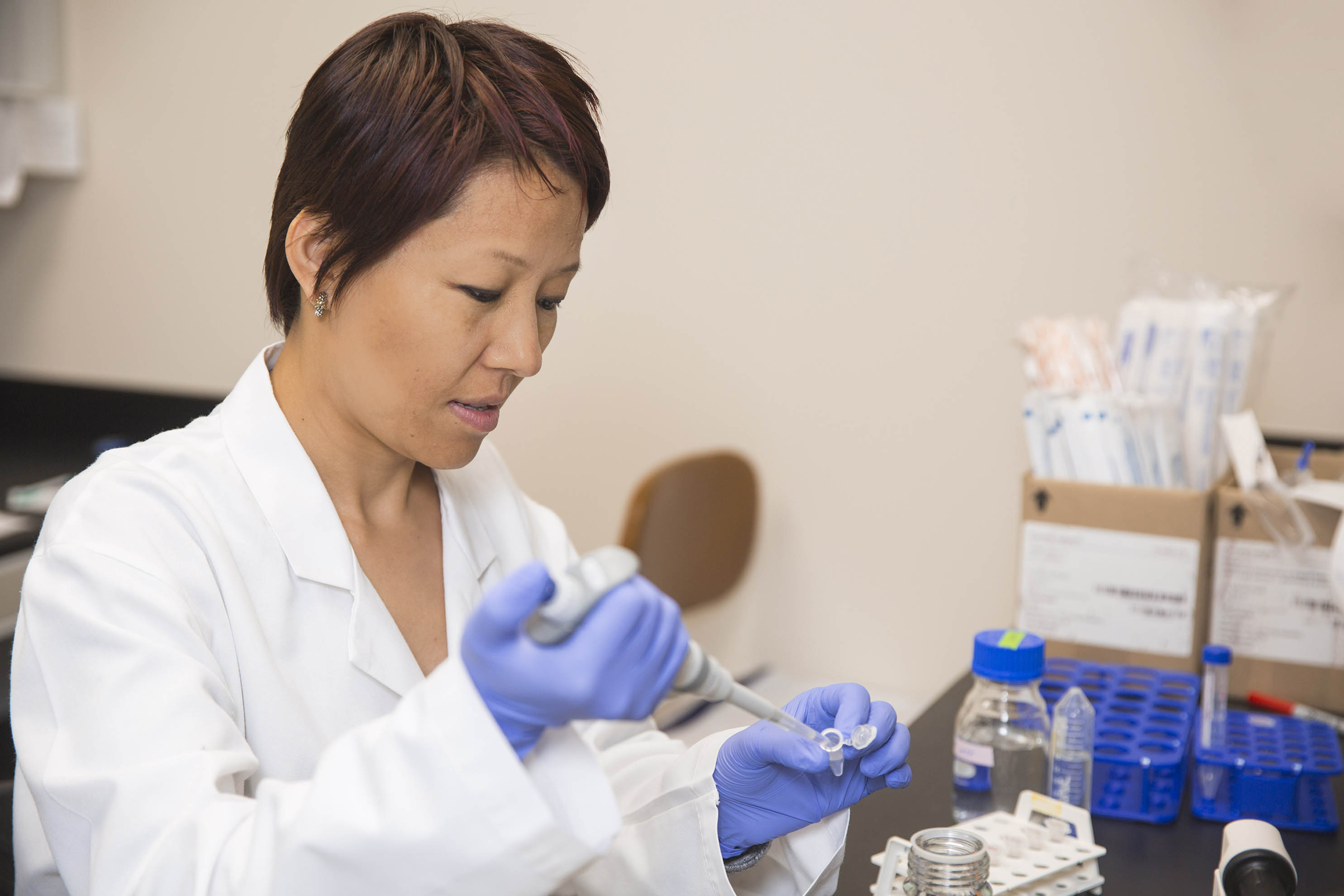Pancreatic cancer could be treated with a Parkinson's drug

The new research suggests that carbidopa, which is a drug approved by the Food and Drug Administration (FDA) and widely used to treat Parkinson's disease, has significant anti-cancer properties.
Carbidopa is typically used in conjunction with levodopa (L-Dopa) to treat Parkinson's disease. And previous studies have shown that patients with Parkinson's tend to have a lower incidence of cancer.
In older research, scientists investigated whether or not it was the drug L-Dopa that yielded the anti-cancer effect, but they did not find any significant results.
So now, a team led by Dr. Yangzom Bhutia - from the Texas Tech University Health Sciences Center (TTUHSC) in Lubbock - hypothesized that carbidopa alone could have anti-cancer properties.
Commenting on the motivation for the research, Dr. Bhutia says, "Interestingly, no one has previously suspected carbidopa as a potential player in this phenomenon."
"Carbidopa is never used by itself as a drug for any disease," she adds. "But [...] we believe that the reduced incidence of most cancers in Parkinson's disease patients is due to carbidopa."
The first author of the study is Jiro Ogura, of the Department of Cell Biology and Biochemistry at TTUHSC, and the findings were published in the Biochemical Journal.
Article originally published in Medical News Today, www.medicalnewstoday.com.
To read full article, please visit https://www.medicalnewstoday.com/articles/319578.php.
Related Stories
Celebrating Veterans: TTUHSC’s General Martin Clay’s Legacy of Service and Leadership
From his initial enlistment in the Army National Guard 36 years ago to his leadership in military and civilian health care management roles, Major General Martin Clay’s career has been shaped by adaptability, mission focus and service to others.
Texas Tech University Health Sciences Center School of Nursing Named Best Accelerated Bachelor of Science in Nursing Program in Texas
The TTUHSC School of Nursing Accelerated Bachelor of Science in Nursing (BSN) program has been ranked the No. 1 accelerated nursing program in Texas by RegisteredNursing.org.
TTUHSC Names New Regional Dean for the School of Nursing
Louise Rice, DNP, RN, has been named regional dean of the TTUHSC School of Nursing on the Amarillo campus.
Recent Stories
National Academy of Inventors Names TTUHSC Faculty Senior Members
The National Academy of Inventors (NAI) has designated two current and one former TTUHSC faculty researchers as Senior Members.
The John Wayne Cancer Foundation Surgical Oncology Fellowship Program at Texas Tech University Health Sciences Center Announced
TTUHSC is collaborating with the John Wayne Cancer Foundation and has established the Big Cure Endowment, which supports the university’s efforts to reduce cancer incidence and increase survivability of people in rural and underserved areas.
TTUHSC Receives $1 Million Gift from Amarillo National Bank to Expand and Enhance Pediatric Care in the Panhandle
TTUHSC School of Medicine leaders accepted a $1 million philanthropic gift from Amarillo National Bank on Tuesday (Feb. 10), marking a transformational investment in pediatric care for the Texas Panhandle.
